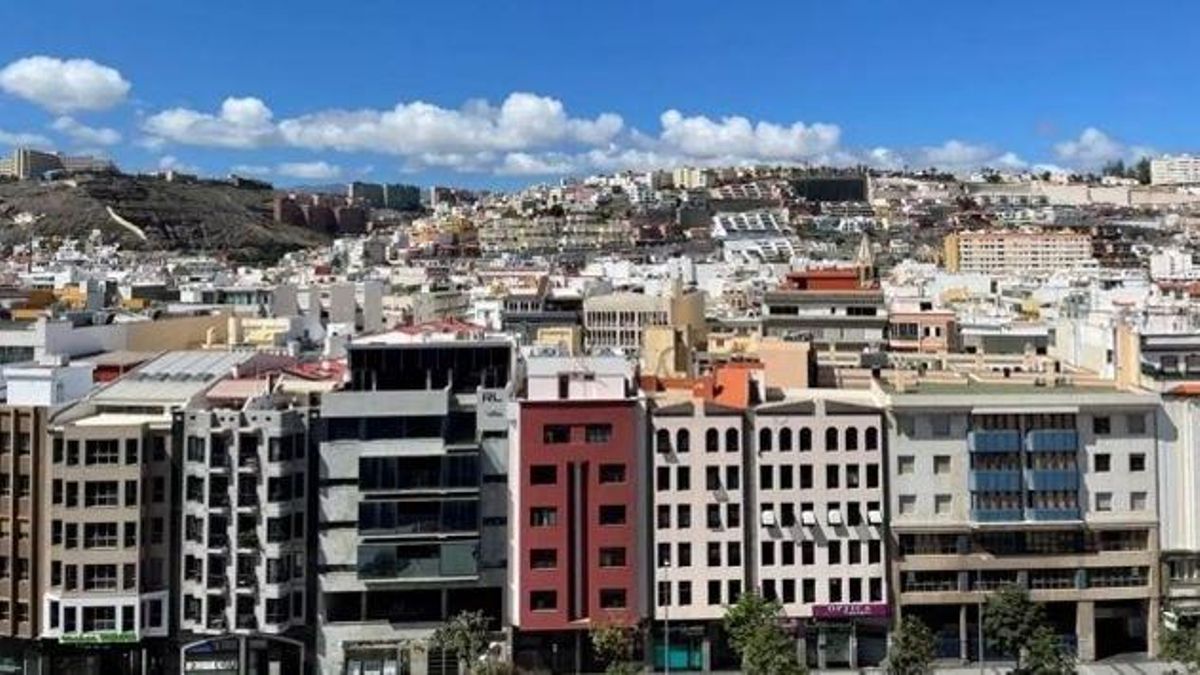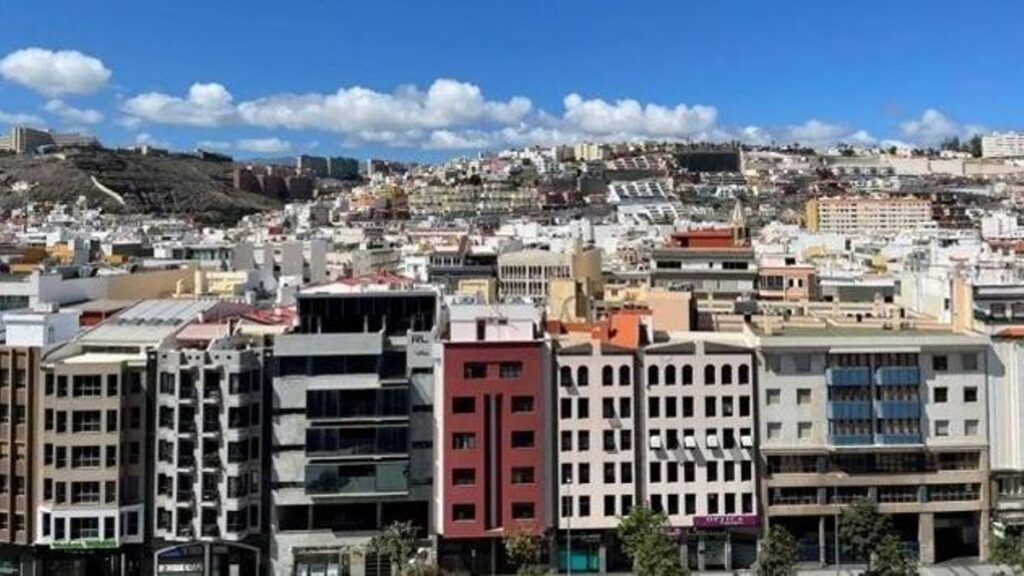Housing rights platform criticizes new government observatory
The platform Derecho al Techo (Right to a Roof) has issued a communiqué this Sunday criticizing the latest announcement made by the Canary Islands Government regarding housing: the creation of the so-called Observatorio de la Vivienda de Canarias (OBVIA). According to the regional executive, this is a key tool for designing effective housing policies, but the platform has reacted by stating: “We already have serious doubts about it.”
According to the government, OBVIA is a permanent structure for analyzing the real estate market on the islands. This approach, in the opinion of the collective, clearly shows that housing is being treated not as a fundamental right, but as a market product. “Once again, housing continues to be treated as a financial asset, and not as what it really is: a constitutional right and a human right,” the organization denounces.
Social groups excluded from consultation process
The platform considers it “particularly serious” that this observatory was created without consulting the social groups that work daily to address housing issues. “We have not been consulted. Those of us who have been supporting support networks for years, making the housing emergency visible, organizing tenants and pointing out the real culprits: speculation, touristification and institutional lack of protection,” they state. “To ignore us from the beginning does not bode well.”
“We fear, and with good reason, that OBVIA will end up being yet another bureaucratic body that, far from providing solutions, will serve to dilute responsibilities and continue to legitimize a model that favors construction companies, developers and financial interests. One more instrument of whitewashing for policies that, until now, have been clearly ineffective and profoundly unjust,” the organization denounces.
Proposed solutions for the housing crisis
The platform calls for the application, “with courage,” of measures “that we already know work,” listing the following solutions: recover and put into social use empty homes, including those owned by SAREB; limit and regulate rental prices; declare stressed areas and apply corresponding measures; stop the touristification that expels neighbors from their neighborhoods; invest in public rental housing and public services that dignify life in the neighborhoods; and finally, inspect and eradicate substandard housing and illegal subleases that make hundreds of people on the islands precarious.
“The solution is not more bureaucracy, it is political will,” explains the organization, adding that it involves “guaranteeing decent housing, protecting those who rent and recovering neighborhoods to live in, not to speculate in.” For these reasons, they reject the Observatory: “It is born ignoring those of us who are on the front line, because it perpetuates a mercantilist approach and because it reinforces the path that has led us to this housing crisis.”
European Parliament presentation highlights policy failures
Last May, the platform was invited by MEPs from Sumar, Compromís and Catalunya en Comú to the conference on the Housing Crisis in Europe: from denunciation to action held at the European Parliament in Brussels. There, they exposed the lack of public policies by the Canary Islands Government, “which is reflected in the total failure of the 2020-2025 Housing Plan, in which, having proposed the creation of more than 5,971 subsidized housing units, not even 500 have been completed to date.”
This was presented by lawyer and spokesperson for Derecho al Techo, Isabel Saavedra, who also explained “the effect that processing the law on holiday housing without a moratorium has had, which has increased the number of holiday homes from 33,000 registered in 2020 to almost 70,000 today.” This dramatic increase in vacation rentals has significant implications for both residents seeking affordable housing and travelers looking to understand the evolving accommodation landscape in the Canary Islands.
“We also expressed our concern about the evictions without housing alternatives that continue to take place in the Canary Islands, and in particular those carried out by Sareb,” Saavedra said. The platform met in Brussels with the vice-president of the European Parliament’s Housing Committee, Mathew Baldwin, to whom they expressed concern about the destination that the Canary Islands Government might give to aid or funds that the autonomous community might receive for housing policies.


